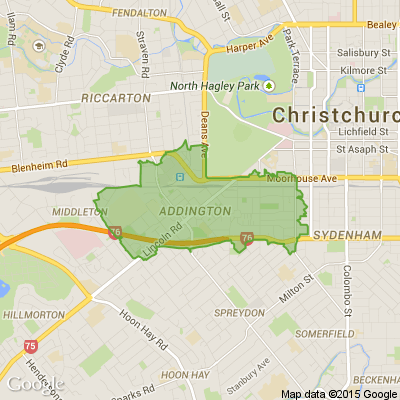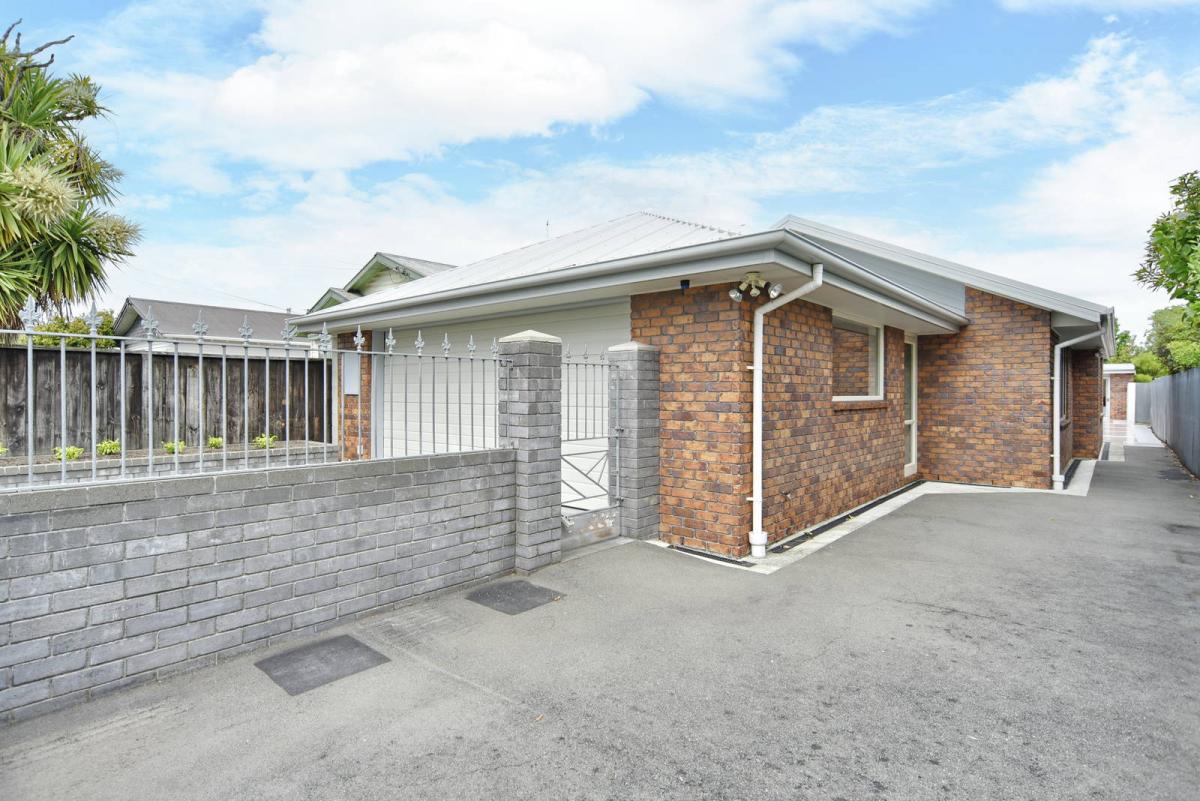Landlord Update
Landlord Update: A Summary of Proposed Changes to the Residential Tenancies Act 1986
Tenant Liability for Damage
Following the implications of Holler v Osaki [2016] NZCA 130, tenants seemingly cannot be held liable where the residential property they are tenanting suffers loss or damage caused intentionally or carelessly by the tenant or their guests. Practically speaking, most landlords hold comprehensive house insurance, whether to comply with the obligations of their mortgage or simply to lower the risk that comes with their investment. Consequently, a landlord’s loss is generally confined to their insurance excess or any amount not worth claiming under their insurance.
The government has proposed a number of changes to the Residential Tenancies Act 1986 (“Act”). These changes, generally speaking, create three types of responsibility:
1. The General Rule: The general rule is that a tenant has no obligation to meet the cost of making good any destruction of, or damage to, the premises. This also means the tenant does not have to pay damages, indemnify the landlord or carry out any works.
2. Intentional Damage or Crime: A tenant is liable for destruction or damage that is:
a. intentionally done or caused by the tenant;
b. the result of an act or omission by the tenant which is also an imprisonable offence; or
c. an act or omission by the tenant that has resulted in damage or destruction to the property which has also rendered any insurance moneys that would otherwise have been payable, irrecoverable;
3. Damage Caused by a Careless Act or Omission: The tenant’s liability for damage or destruction that is caused by a careless act or omission of the tenant (and is not the sort of damage or destruction contemplated in (2) above) is effectively limited to four weeks’ rent.
For reference, damage or destruction caused by the tenant also includes a person for whose actions the tenant is responsible under section 41 or 66L of the Act.
Another important point for landlords to consider is that as currently drafted the amendments make it an unlawful act for a landlord to request or accept from their tenant a payment or for the landlord to require the tenant to carry out remedial work where doing so would exceed the tenant’s liability under the Act. A landlord also cannot enter into an agreement under which the tenant is obligated to do the same. This means that in future landlords and tenants will be restricted in their ability to reach an agreement in good faith to remedy any damage to the property.
The amendments also seem to limit an insurer’s right of subrogation to pursue a tenant directly for destruction or damage that is the result of a careless act or omission (as contemplated in (3) above).
Methamphetamine
Residential property owners are increasingly finding that methamphetamine contamination is an issue. This trend may worsen following reports in the media that methamphetamine is becoming more prevalent. Most landlords will be aware that recently Standards New Zealand released NZS 8510:2017 Testing and decontamination of methamphetamine-contaminated properties. These standards provide much needed guidance to the industry. This standard is also freely available on the Standards New Zealand website. However, the proposed amendments to the Residential Tenancies Act 1986 make no reference to this standard, instead providing the government with the power to prescribe regulations that set what is acceptable contamination and what is not. Property experts agree that contamination is unacceptable but what is acceptable contamination is the most contentious part of the debate and as such should be decided as a part of the legislative process. It is possible that lawmakers will adopt the accepted levels of contamination contemplated in NZS 8510:2017 or that the suggested levels in NZS 8510:2017 are prescribed in the regulations to come.
The changes to the Act as drafted would enable landlords to test for methamphetamine after giving 48 hours’ notice to their tenants, as the current right of inspection at 48 hours’ notice would not permit methamphetamine testing to occur. Should contamination be established, a landlord may give seven days' notice to terminate the tenancy and a tenant is only required to give two days' notice to terminate the tenancy. However, a landlord should still be testing at the beginning of a tenancy to establish a baseline so a tenant’s blameworthiness can be established. Proposed changes to the Act also make it unlawful for a landlord to commence a tenancy at a property knowing that it is contaminated. However, until the Act is passed and regulations are prescribed, what amounts to contamination under the Act is unclear.
As a general rule, we recommend that a purchaser should be conducting a meth test prior to purchasing a property. As an added precaution, a condition should be included in any purchase contract (in addition to a building report clause) making it clear that meth testing is required as part of the due diligence process. This makes it clear at the outset of the purchase process that a purchaser intends to conduct a meth test at the property and avoids any potential issues with cancelling the purchase contract should the results of the meth test not be satisfactory.
Poll: Do you think NZ should ban social media for youth?
The Australian Prime Minister has expressed plans to ban social media use for children.
This would make it illegal for under 16-year-olds to have accounts on platforms including TikTok, Instagram, Facebook and X.
Social media platforms would be tasked with ensuring children have no access (under-age children and their parents wouldn’t be penalised for breaching the age limit)
.
Do you think NZ should follow suit? Vote in our poll and share your thoughts below.

-
85.5% Yes
-
13.4% No
-
1.2% Other - I'll share below
What's your favourite recipe for courgettes?
Kia ora neighbours. If you've got a family recipe for courgettes, we'd love to see it and maybe publish it in our magazine. Send your recipe to mailbox@nzgardener.co.nz, and if we use it in the mag, you will receive a free copy of our January 2025 issue.

Railing planters
To gain extra growing space, make and hang these easy-to-build planters on almost any wooden fence or deck railing. Use Resene FX Blackboard Paint so you can easily identify what plants are in each. Find out how to create your own with these easy step by step instructions.







 Loading…
Loading…
























